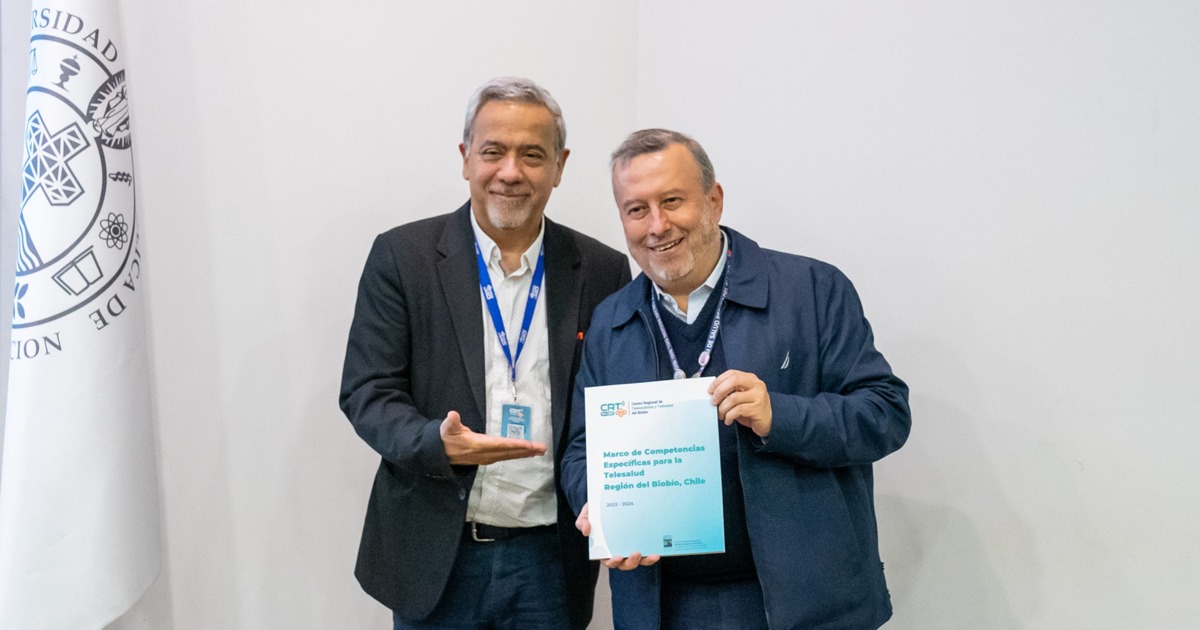The Hartford HealthCare hospital system will conduct a study to evaluate the use of a tool based on Artificial Intelligence (AI), which facilitates the work of professionals in the detection of breast cancer.
Hartford HealthCare is a comprehensive health care system that has more than 400 health centers in the United States, serving approximately 17,000 patients daily. Together with Ibex Medical Analytics, a company specializing in cancer diagnosis through AI technologies, they have announced a clinical study on their AI solution for diagnosing breast cancer.
The Ibex system seeks to help doctors improve the diagnosis of this disease through an algorithm. Galen Breast as the system is called, was developed by software engineers, pathologists, and data scientists, who implemented advanced technology such as algorithms and deep learning.
The performance of the system will be evaluated by Hartford HealthCare through a retrospective study to test its clinical use in the hospital system. "The solution promises to have a major impact on the care provided to breast cancer patients," said Dr. Barry Stein, system vice president and chief clinical innovation officer for Hartford HealthCare. In addition, he highlighted the need for commitment to seek new innovative approaches to patient care.

Dr. Srini Mandavilli, chief of pathology and laboratory medicine at Hartford Hospital, explained that Galen Breast technology supports traditional microscopic evaluations of cancer diagnoses by pathologists. Dee this way, is complemented by the work done by these specialists.
Also, in the Hartford system, they have digitized the pathology department, for example, through the use of slide scanners, which can be evaluated by AI technology.
For her part, Dr. Margaret Assad, director of the selective pathology fellowship program at Hartford Hospital, explained that, "This AI assistant provides a greater safety net with minimal additional effort."





